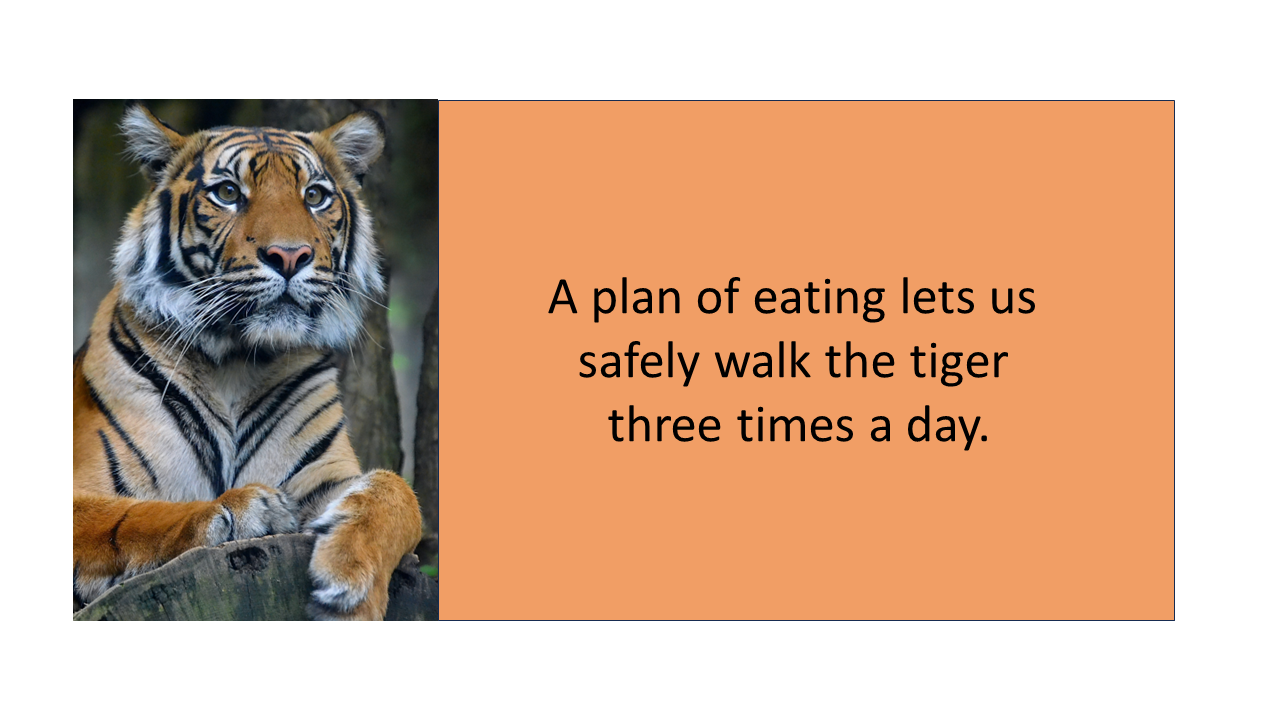
OASV Blog Editor
August 11, 2023
Aspects of Abstinence
Compulsive overeating is a substance addiction like addictions to alcohol, drugs, nicotine, etc. In fact, we often refer to certain foods as “alcoholic foods.” As a compulsive overeater, I define my addiction as the inability to not eat something I know is going to hurt me. The harm goes beyond the emotional and social damage of being overweight. In my case, years of overeating damaged my entire digestive system to a diagnosis of gastro-esophageal reflux disorder (GERD). The painful symptoms of this unlovely condition range from heartburn (acid reflux) to chest pains similar to a heart attack (hiatal hernia). Obesity is linked to a long list of life-threatening diseases including diabetes, heart disease, and some forms of cancer.
Just like other addictions, compulsive overeating has behavioral components. The rituals and routines associated with compulsive overeating (buying binge foods, purging, over-exercising, and other behaviors) are aspects of this disease. We also steal food and money, drive distracted, isolate from others, and find ways to purge our systems that cause serious further physical and emotional damage.
However, as for other addictions, the 12-Step recovery program of Overeaters Anonymous, based on Alcoholics Anonymous, offers hope. One interesting difference between compulsive overeating and other substance addictions is that overeaters cannot just stop eating. We say, “We have to walk the tiger three times a day.”
Overeaters Anonymous refers to sane, healthy eating as abstinence. “Abstinence is the action of refraining from compulsive eating and compulsive food behaviors while working towards or maintaining a healthy body weight.” One of the key tools of our program is developing and following a healthy plan of eating that eliminates cravings and leads to a healthy body weight. We encourage individuals to adopt a plan of eating that works for them. For me, “abstinence” is what and when I do not eat; my plan of eating is when and what I do eat. When my plan of eating is clean, I get a moment of grace when I can respond appropriately to the question, “Will eating this food now help me achieve and maintain a healthy body weight?”
Once we achieve some sobriety from our alcoholic foods, we can focus on working the Steps, applying the Traditions, and using the tools of recovery to define a relationship with a Higher Power and deal with the wreckage of our pasts. The goal in recovery is to achieve a balance of physical, emotional, and spiritual health and carry the message of recovery to those who still suffer.
I am a recovering compulsive overeater with over 29 years in OA. These comments are based on my personal experience, strength, and hope gained through working the 12 Steps and Traditions and using the tools of the program. ~Julie T.
Please send your blog submissions to blog@oasv.org. We look forward to hearing from you and to sharing your story of experience, strength and hope with others on this amazing journey of OA recovery from compulsive eating through the Twelve Steps.
